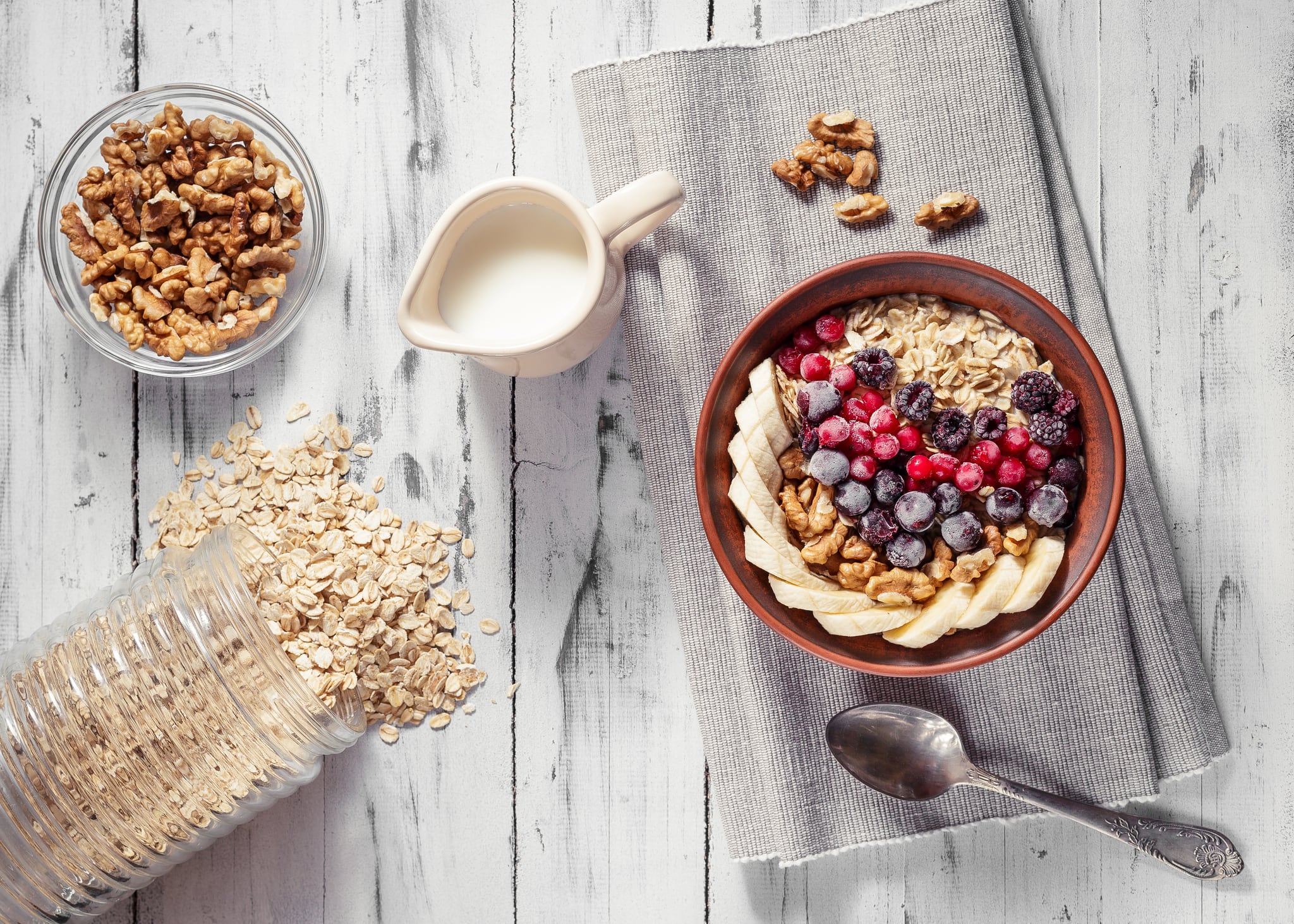This is according to a new study conducted by Dr Denise Furness, founder and chief scientific officer at Your Genes & Nutrition.
She pointed out the above during her recent presentation titled “Fuelling Longevity: How Ubiquinol Supports Mitochondrial Function” at the three-day Growth Asia Summit held in Singapore on July 15 to 17.
The molecular geneticist revealed new findings on how a regimen of healthy diets, exercising, practising mindfulness, and supplementation of ubiquinol for three months has shown to reverse biological age by 3.7 years from baseline. This was found to be a statistically significant finding.
A total of 45 individuals with an average biological age of 54.8 years old completed the study.
“Within three months of the intervention, which included whole food, exercise, mindfulness, and supplements including 200mg of ubiquinol, we saw that their biological age was reduced by 3.7 years, which was statistically significant,” said Dr Furness.
Continuing the regimen for another three months has shown to produce statistically significant effects as well, with biological age reversed by 3.9 years.
Biological age was measured using PhenoAge in this instance.
This is an epigenetic age clock that estimates biological age by analyzing biomarkers linked to DNA methylation.
DNA methylation is of interest as it reflect changes in gene expression that occur with aging.
Blood samples are taken to analyze biomarkers linked to DNA methylation.
Another age clock, DamAge, which estimates biological age based on levels of cellular damage, reported that following the above regimen for three months can significantly reverse biological age by 8.7 years from baseline.
The biological age was reversed by 8.1 years from baseline when participants followed the regimen for six months. This was also a statistically significant finding.
Findings of the study are under review and pending publication in a scientific journal.
Reversing the biological age has become one of the key aims when it comes to extending healthspan and achieving healthy longevity.
Healthspan is generally defined as the number of years without physical limitations and without an age-related disease.
Simply put, it refers to the number of years one lives in good health.
Lifespan, on the other hand is concerned with chorological age, and the focus these days has steered more towards achieving a longer healthspan and not just a longer lifespan.
Ubiquinol’s role in healthy longevity
Ubiquinol, being an antioxidant and a crucial element for making energy in the mitochondria, plays a role in healthy longevity by tackling mitochondrial dysfunction.
Mitochondrial dysfunction is one of the 12 Hallmarks of Aging.
It occurs when there is decreased adenosine triphosphate (ATP) and energy metabolism, as well as excessive reactive oxygen species generation - which is a cause for oxidative stress and inflammation. These could lead to accelerated aging.
Ubiquinol is the reduced or the active form of co-enzyme Q10 (CoQ1). It can also be referred to as the antioxidative form of CoQ10. It is present in the mitochondria or powerhouse of cells.
One of the ways it supports healthy longevity is through its antioxidative effects, as well as making energy or ATP.
“In organs which require higher energy, such as the heart, muscles, and the brain, there will be higher amounts of mitochondria, as well as higher amounts of ubiquinol because ubiquinol is needed to feed into the mitochondria to help support the electron transport chain.
“You can think of it as a factory making energy or ATP. Ubiquinol literally gets and pass on these electrons, so it’s needed to make ATP.
“More importantly, ubiquinol is also an antioxidant...When we are thinking of healthy aging, we’re thinking about its energy component and its ability to reduce oxidative stress - particularly in the mitochondria, where there is a lot of reactive oxygen species being produced, since it is using oxygen to make energy,” Dr Furness explained.
The fat-soluble compound can be produced by the body when the oxidized form of CoQ10, also known as ubiquinone, is converted.
However, the conversion of ubiquinone to ubiquinol could slow down with aging, which means ubiquinol levels could decline as one ages.
“In certain tissues, particularly the heart, the ubiquinol levels do decline, and if you are living to 70, 80, and hopefully 90, we want to be supporting these endogenous natural compounds for our mitochondria so that we can age well, because the body is just not making it to the same levels...
“If you are a big exerciser, you do want to be thinking about supporting your mitochondria since you have a higher need for that,” said Dr Furness.
Ubiquinol is currently solely produced by Japanese company Kaneka Corporation. The company manufactures ubiquinol using a patented precision yeast fermentation method.
Ubiquinol for menopause, cognitive, cardiovascular health
Existing studies have also shown that ubiquinol supplementation could support aging-related areas such as menopause, cognitive and cardiovascular health.
Citing a study by Palacios S et al. and published in 2019, Dr Furness said that the supplementation of 100mg of ubiquinol has shown to significantly improve the quality of life of postmenopausal women, as well as improving their general health, mood and skin condition.
The observational study was conducted on 40 healthy women aged 45 to 65 over three months.
In another study published in the journal Heart Lung Circulation in 2019, Dr Furness said that the the combination of 60mg ubiquinol with statin for six months was found to have significantly reduced muscle pain and muscle injury.
This could be due to the medicine and ubiquinol’s ability in reducing skeletal muscle injury and improving myocardial function.





